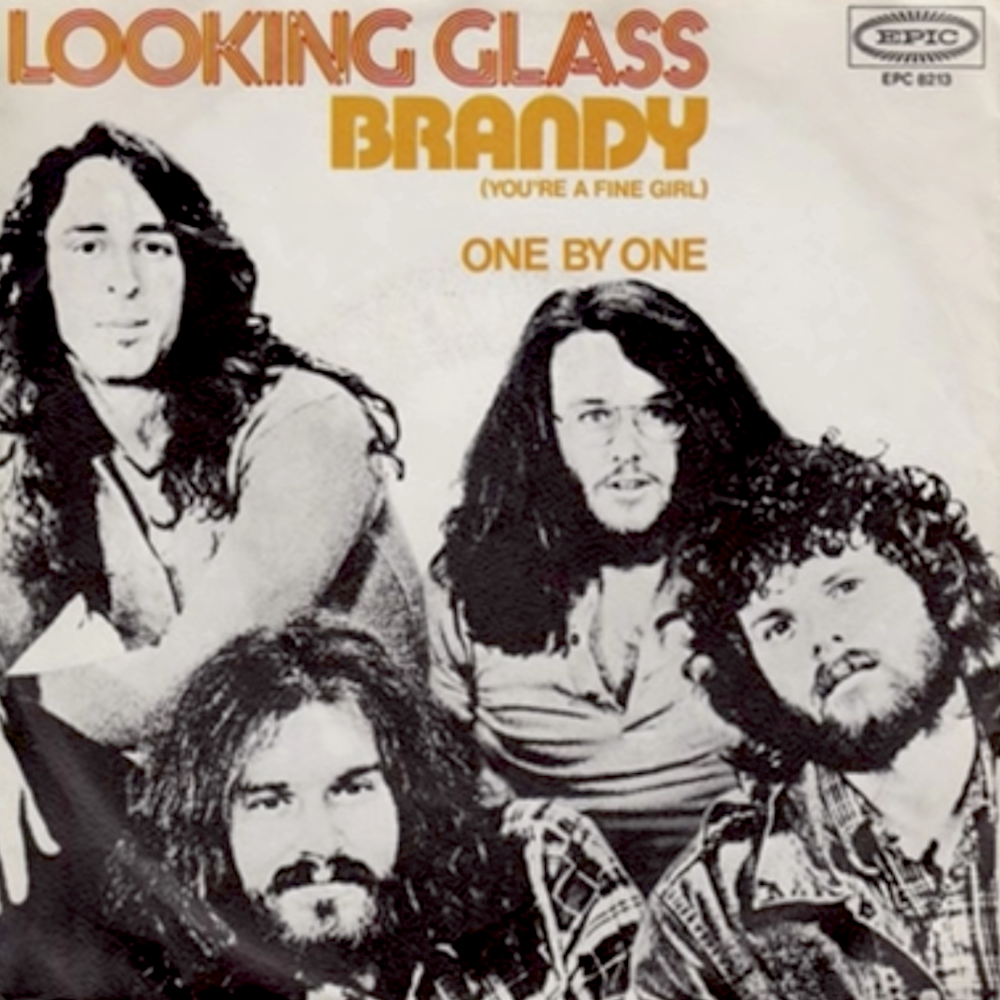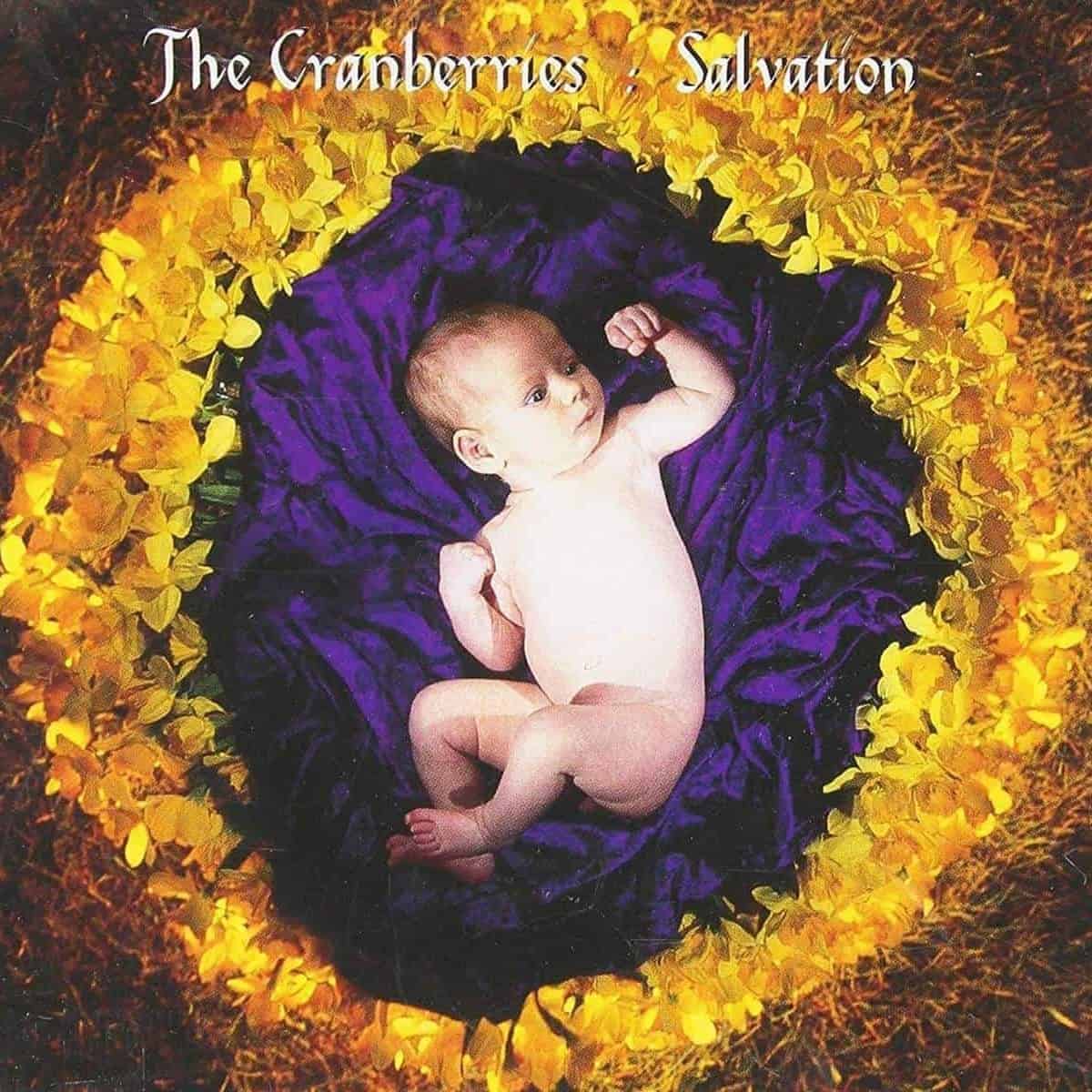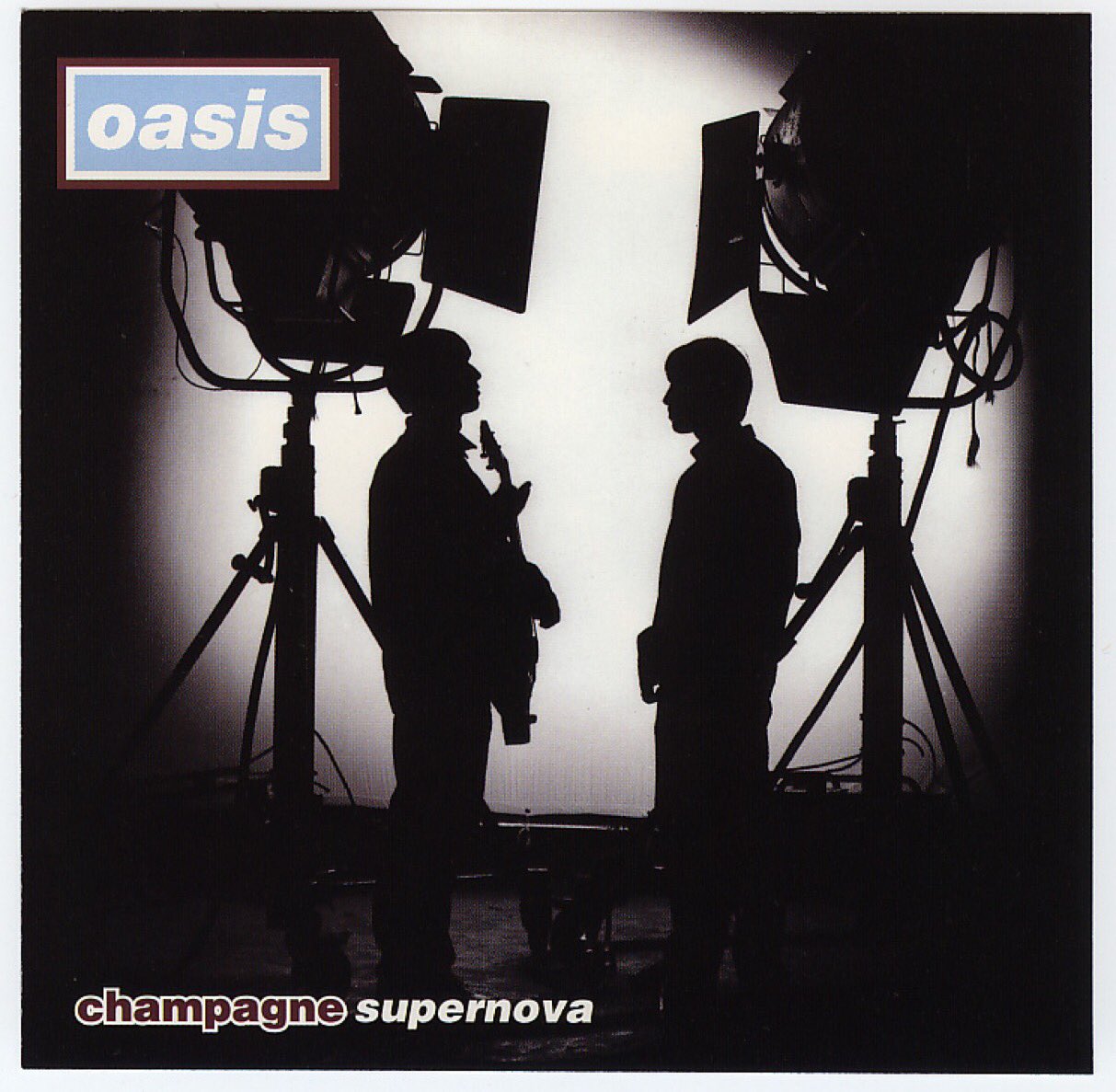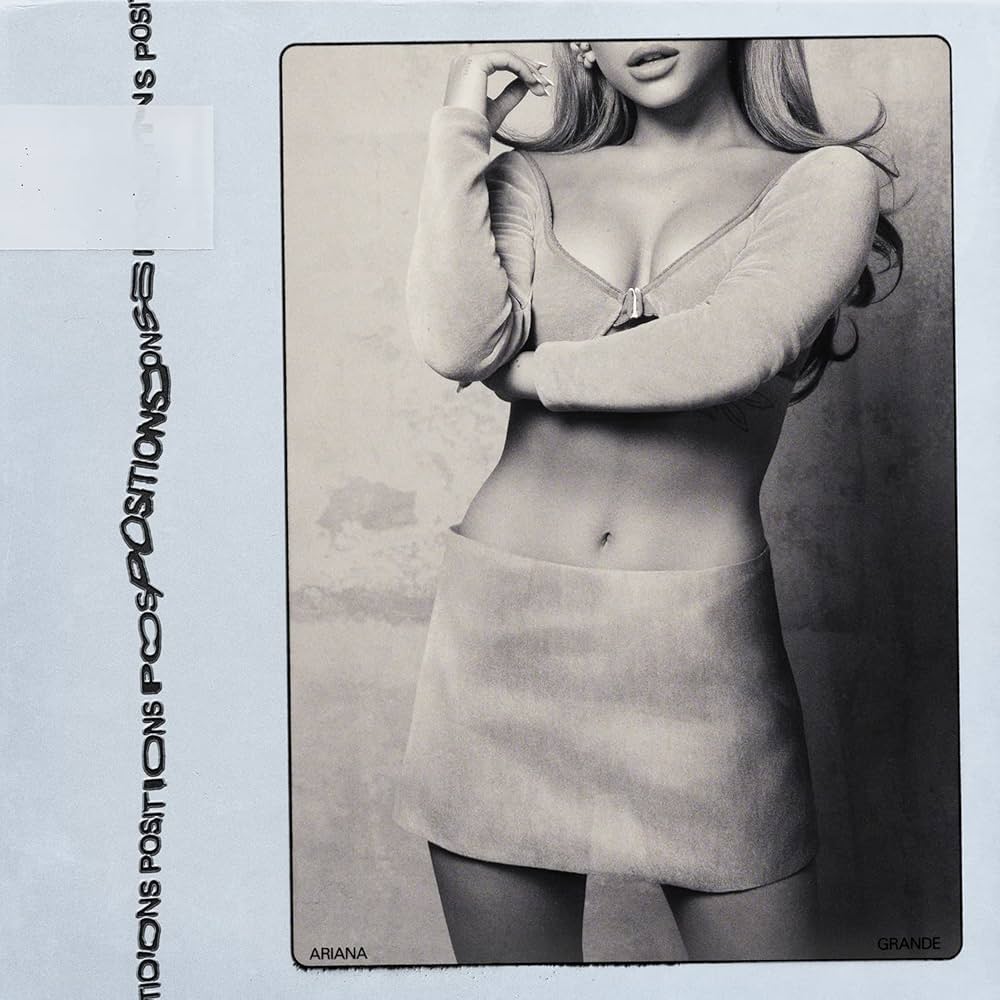In The Number Ones, I'm reviewing every single #1 single in the history of the Billboard Hot 100, starting with the chart's beginning, in 1958, and working my way up into the present.
Looking Glass - "Brandy (You're A Fine Girl)"
HIT #1: August 26, 1972
STAYED AT #1: 1 week
There's a fun little subplot that runs through the history of '70s rock: all the bands competing to see who could write the most compelling fuck-and-run anthem. The fuck-and-run anthem is, of course, a staple of popular music. We have many decades of songs about dudes who didn't want to settle down with one woman and who came up with grand, sweeping lyrics to justify that refusal. That storyline was there in the blues. It was there in the early days of rock 'n' roll. Dion got to #2 with "The Wanderer," his 1961 fuck-and-run anthem. (It's a 9.) The fuck-and-run tradition remains strong within rap music. But there's something different about the '70s-rock fuck-and-run song.
The bands in the '70s seemed determined to make fucking and running sound both noble and romantic. They weren't making excuses, exactly. But they weren't being proud about their committed rolling-stone statuses, either. Instead, they did their best to paint the practice as something mythic, something that connected them to some grand tradition. That's what the Allman Brothers were doing with 1973's "Ramblin' Man." (That one peaked at #2; it's a 7.) It's what Lynyrd Skynyrd were doing with "Free Bird," also from 1973, which topped out at #19. And then there's Looking Glass' "Brandy (You're A Fine Girl)," the undisputed king of '70s-rock fuck-and-run songs.
All the original members of Looking Glass were students at Rutgers, and they got together in 1969, playing Rolling Stones covers at frat parties and Jersey Shore bars. Eventually, Clive Davis signed them to Epic, and at first, they were a non-starter. Originally, "Brandy (You're A Fine Girl)" was the B-side of a fairly standard rocker called "Don't It Make You Feel Good." But then Harv Moore, a DJ at the DC station WPGC, fell in love with "Brandy" and threw it into heavy rotation. (As someone who grew up within its broadcast radius, I mostly think of WPGC as the best rap station in DC. But PGC was a top-40 station from the '50s until 1987.) "Brandy" became a huge local hit in DC, and it spread from there.
Looking Glass frontman Elliot Lurie wrote "Brandy" while thinking about a high-school girlfriend named Randy. (He changed the name because he didn't want the gender to be ambiguous and because he figured, what the hell, she's a bartender.) There's a longstanding rumor that "Brandy" is really about Mary Ellis, a New Brunswick woman who died in 1828 and who, according to local lore, spent her life waiting for the ship captain who'd promised to marry her. But Lurie claims that he didn't know that story, that it's just a crazy coincidence. Maybe that's just the kind of story that creeps into your blood when you live in a shipping town.
In any case, "Brandy" wins the fuck-and-run sweepstakes by finding the biggest, silliest justification not to settle down. The narrator sings about Brandy, the woman who spends her nights pouring drinks for sailors in a port town. Those sailors all fall in love with Brandy, telling her, "Your eyes could steal a sailor from the sea." But Brandy spends her days thinking about the sailor who her eyes couldn't steal. She's in love with the guy who showed up one day and who then left. That guy's excuse: "My life, my love, and my lady is the sea."
This is an obvious asshole line, but Brandy doesn't hear it that way. Instead, she "does her best to understand." And she sort of does understand: "Brandy used to watch his eyes / When he told his sailor's story / She could feel the ocean fall and rise / She saw its raging glory." Maybe Brandy would rather be a sailor, too.
Musically, "Brandy" is pure cheese. Lurie belts the song out with over-the-top lounge-singer relish. The arrangement throws honking horns and neo-doo-wop backing vocals and vaguely Latin drums and verging-on-funky organs behind him. Most of the time, Looking Glass were a not-terribly-distinguished middle-of-the-road rock band. But for this one song, they caught a gloriously goofy cheese-pop wave.
The wave didn't last. Lurie left Looking Glass for a solo career in 1973. The band tried to replace him, but they broke up soon after. Lurie's solo career didn't work out, either. Instead, his life, his love, his lady turned out to be the film industry. He went to work for the 20th Century Fox music department in 1985, and he's been a music supervisor on movies like The Adventures of Ford Fairlane and A Night At The Roxbury, as well as The Lizzie McGuire Movie and 61 of the 65 episodes of Lizzie McGuire. Which was a fine show.
GRADE: 7/10
BONUS BEATS: Here's the scene from a 1991 Simpsons episode where Aunt Selma sings "Brandy (You're A Fine Girl)" to Lisa:
BONUS BONUS BEATS: Here's the Red Hot Chili Peppers covering "Brandy" at the Rock Am Ring festival in 2004:
https://youtube.com/watch?v=WhXRGrml4qM
(The Chili Peppers' highest-charting single is 1991's "Under The Bridge," which peaked at #2. It's a 9. My life, my love, my lady is the Flea.)
BONUS BONUS BONUS BEATS: Here's TV On The Radio frontman Tunde Adebimpe's 2016 cover of "Brandy," recorded for the soundtrack of the not-long-for-this-world HBO show Vinyl:
BONUS BONUS BONUS BONUS BEATS: Here's the opening scene of the 2017 movie Guardians Of The Galaxy, Vol. 2, where Laura Haddock sings along to "Brandy" while a digitally de-aged Kurt Russell grins eerily:
(I can't find it on YouTube, but there's a great scene later in the movie where Russell, attempting to explain himself to Chris Pratt, attempts to use "Brandy" to justify the annihilation of the universe.)






